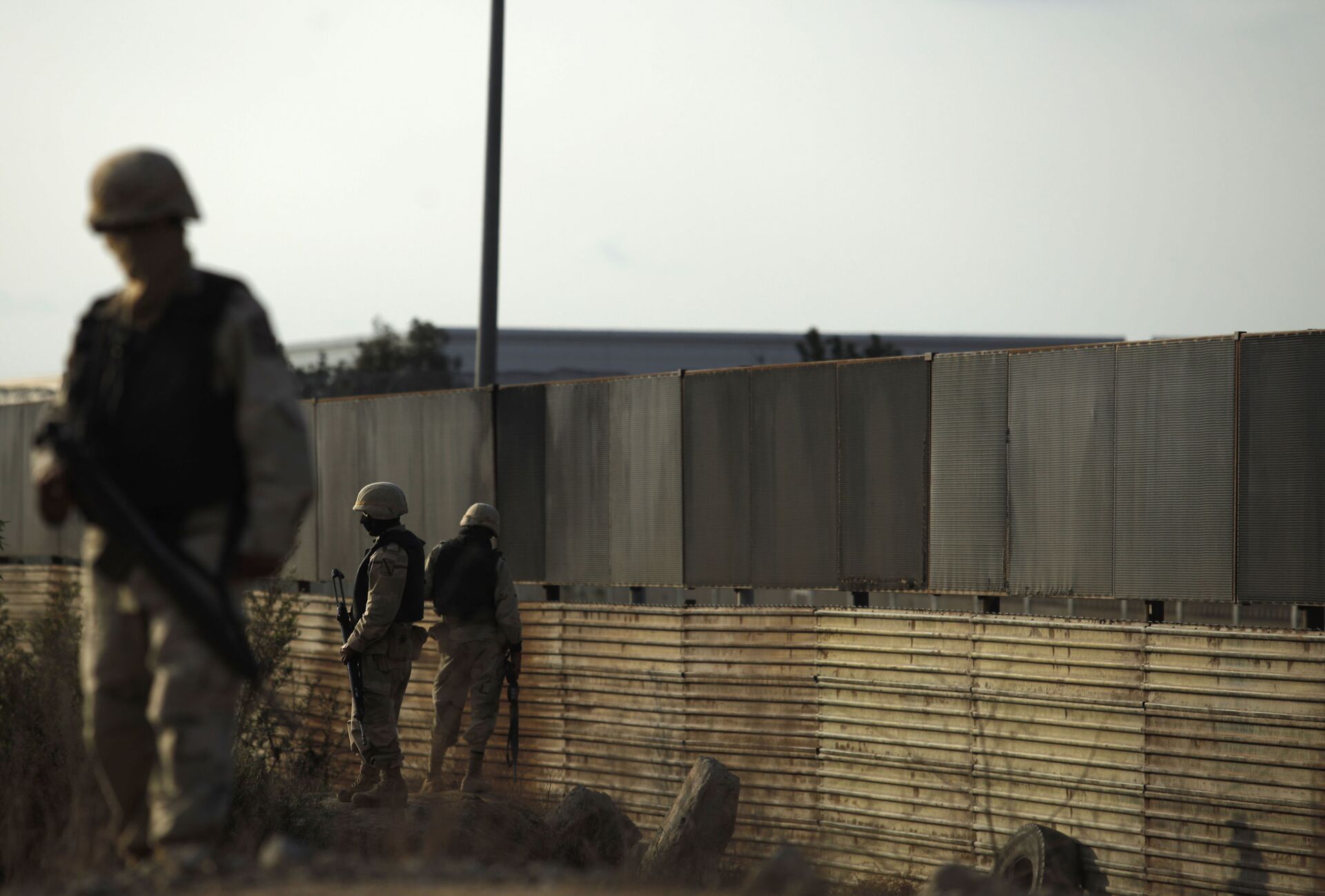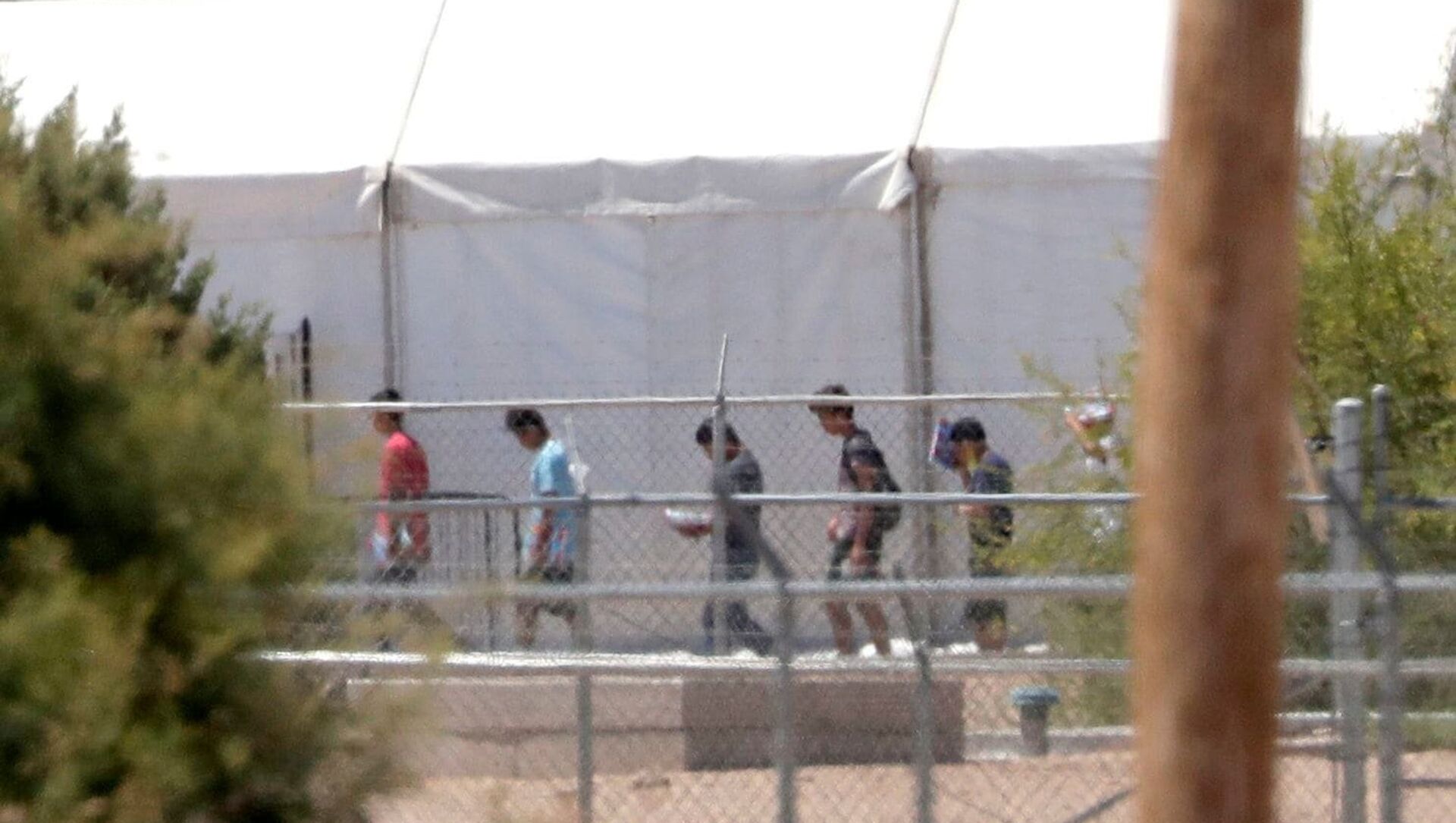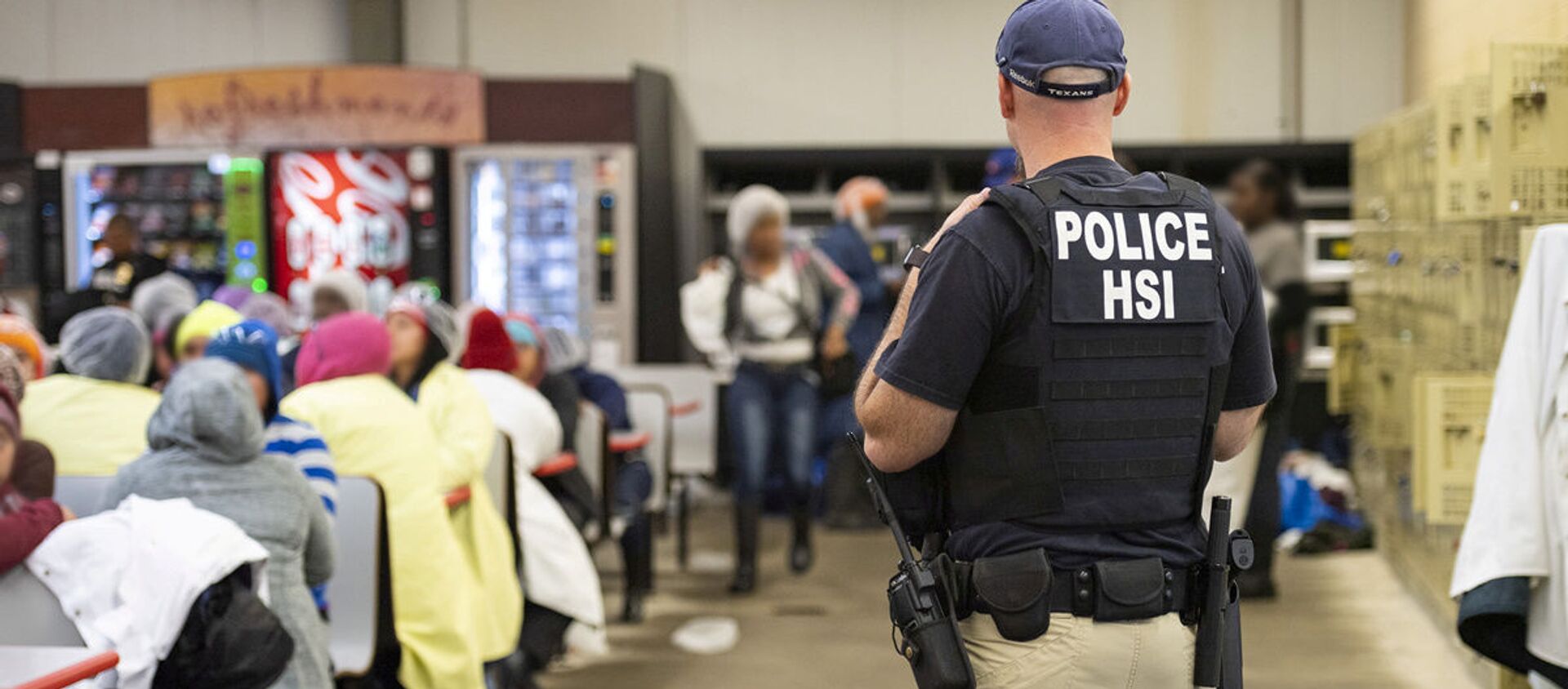Sputnik has spoken with Andrew Arthur, a Resident Fellow in Law and Policy for the Centre for Immigration Studies, a Washington, DC-based research institute, who shared his thoughts on how Joe Biden's long-anticipated plan for reunifying families will be implemented and what the Interagency Task Force's role in the process will be.
Sputnik: The first of the executive orders establishes the Interagency Task Force on the Reunification of Families. In your view, where will this reunification take place? Will it entail the right to permanently remain in the US for both children and parents?
Andrew Arthur: Most of the reunifications will take place in the United States. Some of those individuals, some of the parents of those children are currently in the United States. And part of the reason why DHS, in my opinion, has had a hard time getting in touch with them is the fact that they don't want to come to the attention of the United States government. But some of those parents have actually been removed from the United States and are currently living in their home countries.
When asked whether they wanted their children to be reunited with them, according to press reports, none of those individuals who lived abroad wanted their children to come back and live with them. So I anticipate that what the Biden administration will do is to actually parole those parents into the United States to be with their children.
Whether they'll remain indefinitely is a good question because they would be subject to reinstatement of the removal orders. But it all depends on how high a priority the government places on actually adjudicating the removal proceedings of the children themselves. Because needless to say, if you're going to bring the parents back, you're not going to remove the parents until the children's claims are heard. Those claims can take years. And even then, ICE lacks the resources to go and pick up anybody who doesn't present themselves for removal or voluntarily leave. So I anticipate those individuals, both parents and children, will be in the United States indefinitely.

Sputnik: What will be the Task Force's approach to cases where the separated children were later adopted by American families?
Andrew Arthur: I don't know that there are going to be many cases in the United States in which children were adopted. What I anticipate is that there are probably cases in which family members or guardians in the United States have taken custody of those children, in which case they will probably cede that custody to the parents once the parents come to the United States, which, as I noted, I think they are going to.
With respect to children who have actually been adopted, adoption laws are state by state, so if the adoptive parent doesn't want to cede custody, that's going to be an issue for the state courts. But generally, state courts are going to fall back on the biological parents, not the adoptive ones. But again, it's a state-by-state analysis.
Sputnik: The Task Force plans to issue its first report in 120 days. How many separated families could realistically be reunited by that date?
Andrew Arthur: I would anticipate that all of them will be reunited by that date. Some of them may be difficult to find in their home countries, and some of them may not want to come forward if they're in the United States. But within 180 days, given the resources of the United States government, the task force should be able to reunite those individuals again.
However, it raises the question of whether you really need a task force to do that. We already have ICE agents who are good at locating individuals in the United States. We have foreign service officers abroad who can identify, locate those individuals.
But putting that aside, they should be able to get to the task fairly quickly, especially if news gets around that those parents will be allowed to re-enter the United States and be paroled into this country to be with their children.




